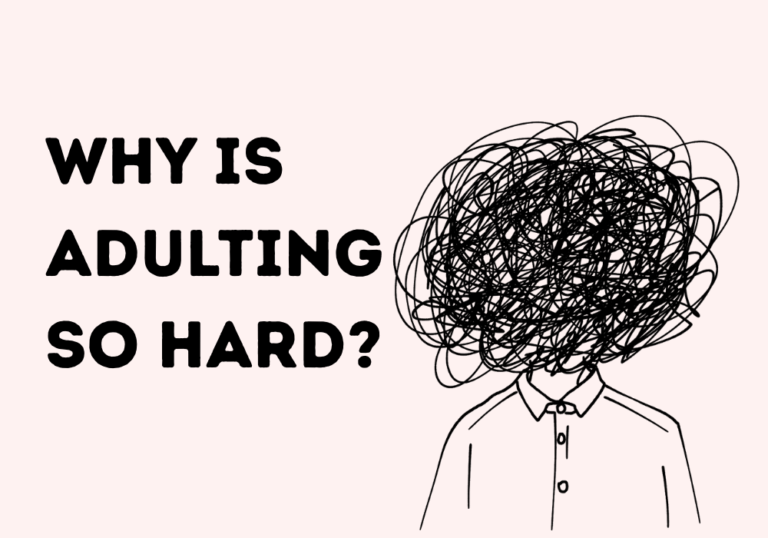What Is Procrastination?
Perfectionism is a term that describes a variety of behaviors and attitudes that drive people to achieve the very best in themselves and their performance. It is often associated with high achievement, but can also lead to anxiety and depression when it is not satisfied. In many ways, perfectionism is a healthy way of approaching life and goals. It is often the driving force behind great accomplishments…But gradually, this becomes a bad thing.
When people start referring to you as being a perfectionist, that’s when it becomes a show stopper.Perfectionism becomes a career limiting behavior as you move up through the ranks.
10 Ways to Overcome Perfectionism
1-Recognizing that Perfectionism Is A Problem:
The first step to overcoming perfectionism is recognizing that it is a problem. Once you realize that perfectionism is holding you back, you can take steps to change the way you think and behave.
2-Adjust your standards:
Perfectionists find it difficult to resist their high standards, they think that their work has to be perfect. Practice saying “good enough” instead of “perfect.” Find at least one situation each day where you can practice a new habit to replace the habit of perfectionism.
3-Set Realistic Goals:
One of the reasons perfectionism can be so debilitating is that it often leads to setting unrealistic goals. If you constantly strive for perfection, you are likely to be disappointed.Instead, attempt to set realistic goals that you can achieve.(All-in-one-digital and printable planner)
Related:How To Set Goals and Achieve Them ?
4-Cut Out Negative Influences:
It’s important that we additionally monitor how things like social media, TV and movies, books, or podcasts can reinforce perfectionism. We have to be especially wary of how social media promotes a narrative of “hustle culture” and perfectionism in our work. If you want to restrict and take control of those channels, or delete them altogether, this will also help us shift away from perfectionism.
5-Focus on meaning instead of perfection:
Try shifting your focus to finding meaning in what you do instead of trying to make it perfect. If something brings us joy and meaning, then it doesn’t matter if it’s not done perfectly. It’s more satisfying to be had in finding meaning along the way.
6-learn how to take criticism:
People who are perfectionists tend to have low self-esteem because they take criticism personally. However, constructive criticism, which can help us learn and grow, is important. Try to recognize that healthy criticism is helpful and normal because it can help us get better. Mistakes or missteps are perfectly normal.
7-Know that you are enough:
Perfectionists’ inability to accept flaws in themselves and others triggers their need for perfectionist behavior, making it difficult to let go. Being kind is the best approach to accepting yourself and helping you stop striving to be perfect.
compliment yourself about your strengths and weaknesses. Be sure to praise yourself for small accomplishments instead of being disappointed with everything you haven’t accomplished yet. ” Progress instead of Perfection”
8-Stop using black-and-white language:
perfectionists create scenarios where the only possible outcomes are “perfection” or “failure,” with no middle ground. This makes it impossible to achieve a goal with some inevitable mistakes and makes you feel like a “loser” even when you accomplish a task to someone else’s satisfaction.
Add words like “acceptable” and “good enough” to your vocabulary and use them when evaluating your assignments and your results.
9-Challenge your thought process:
Consider the reason for perfectionist thoughts and the impact they may have to your ability to effectively do your job. Negative thoughts can also additionally cause doubt and the need to strive for perfection. Try to counter self-doubt with positive affirmations to achieve a realistic attitude and remind yourself of your personal talents.
10-Forgive your imperfections:
Nobody is perfect and all of us has strengths and weaknesses. That doesn’t mean you shouldn’t try to grow. You can always learn something new or try to improve, but there are times when you’ll have to go with what you already know and do what you can based on that. Don’t waste time worrying about what you cannot do (yet).








